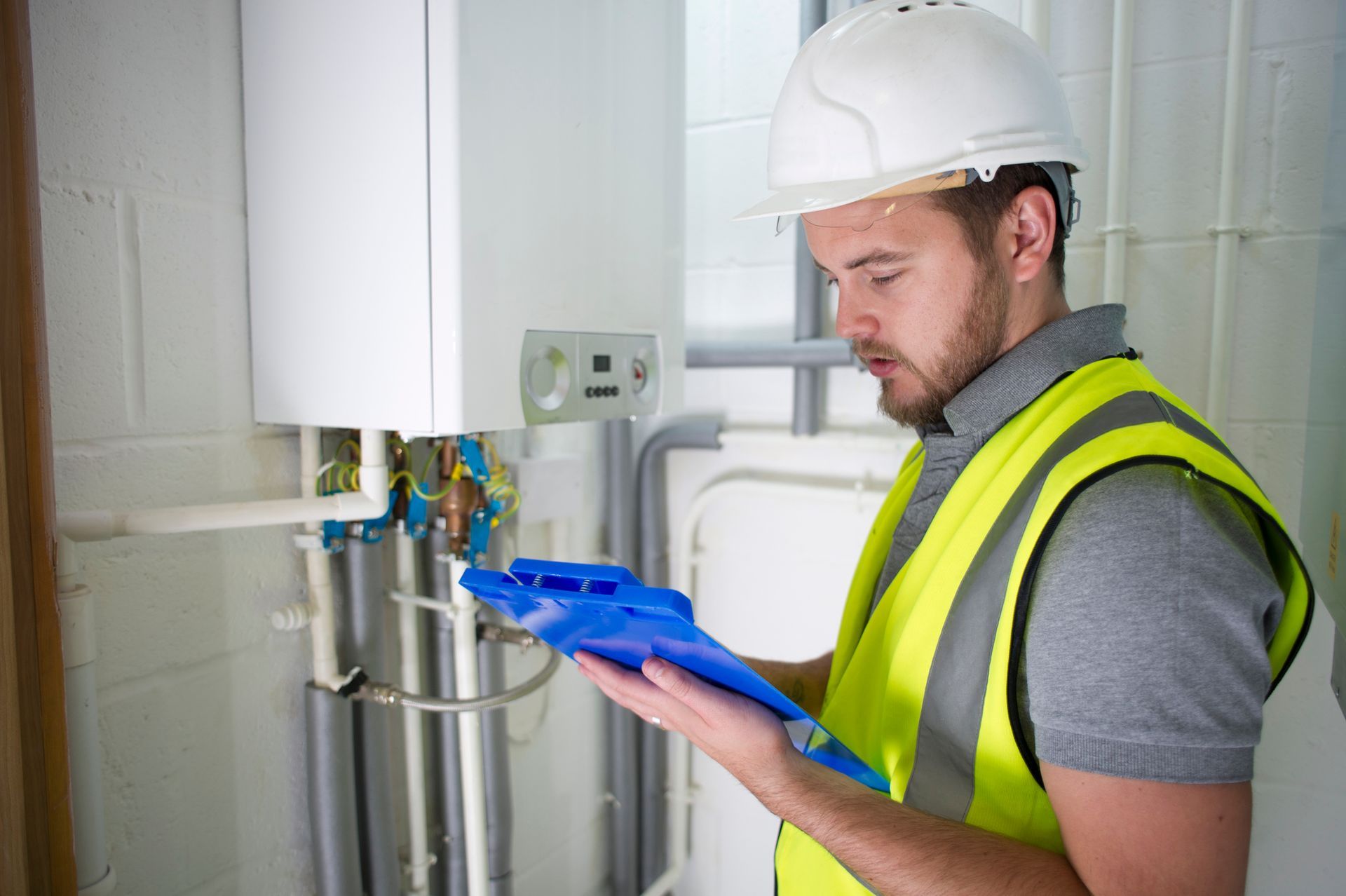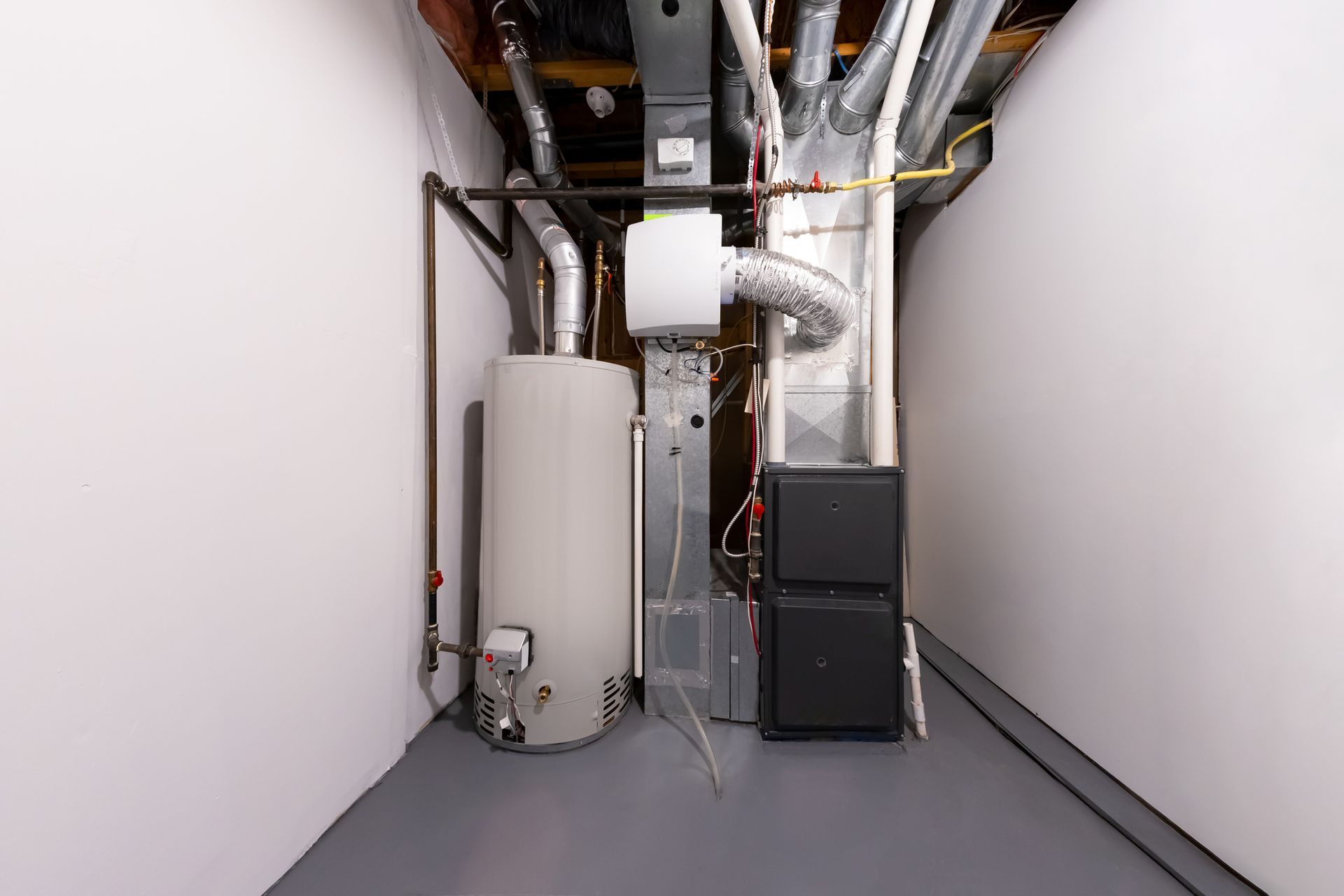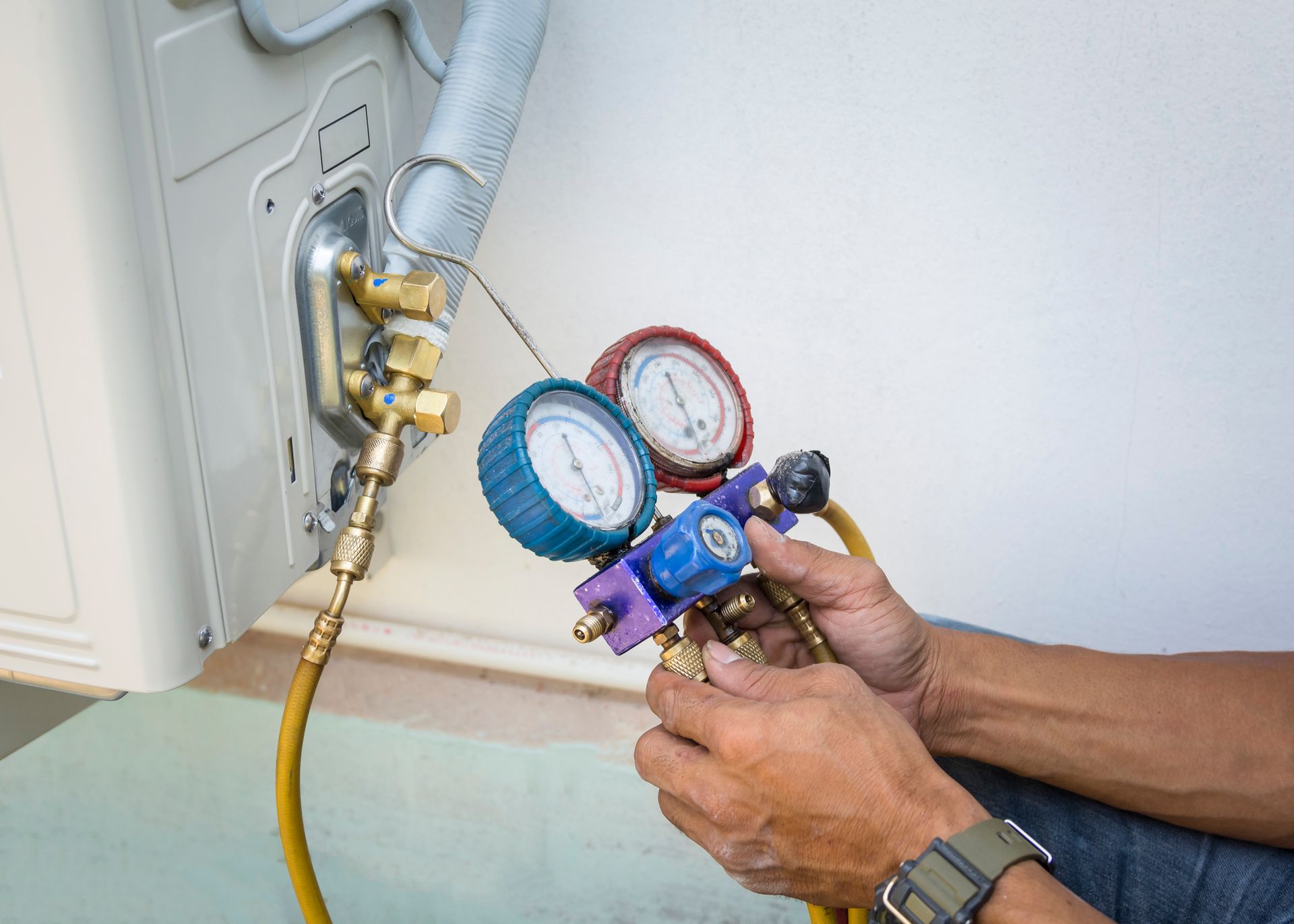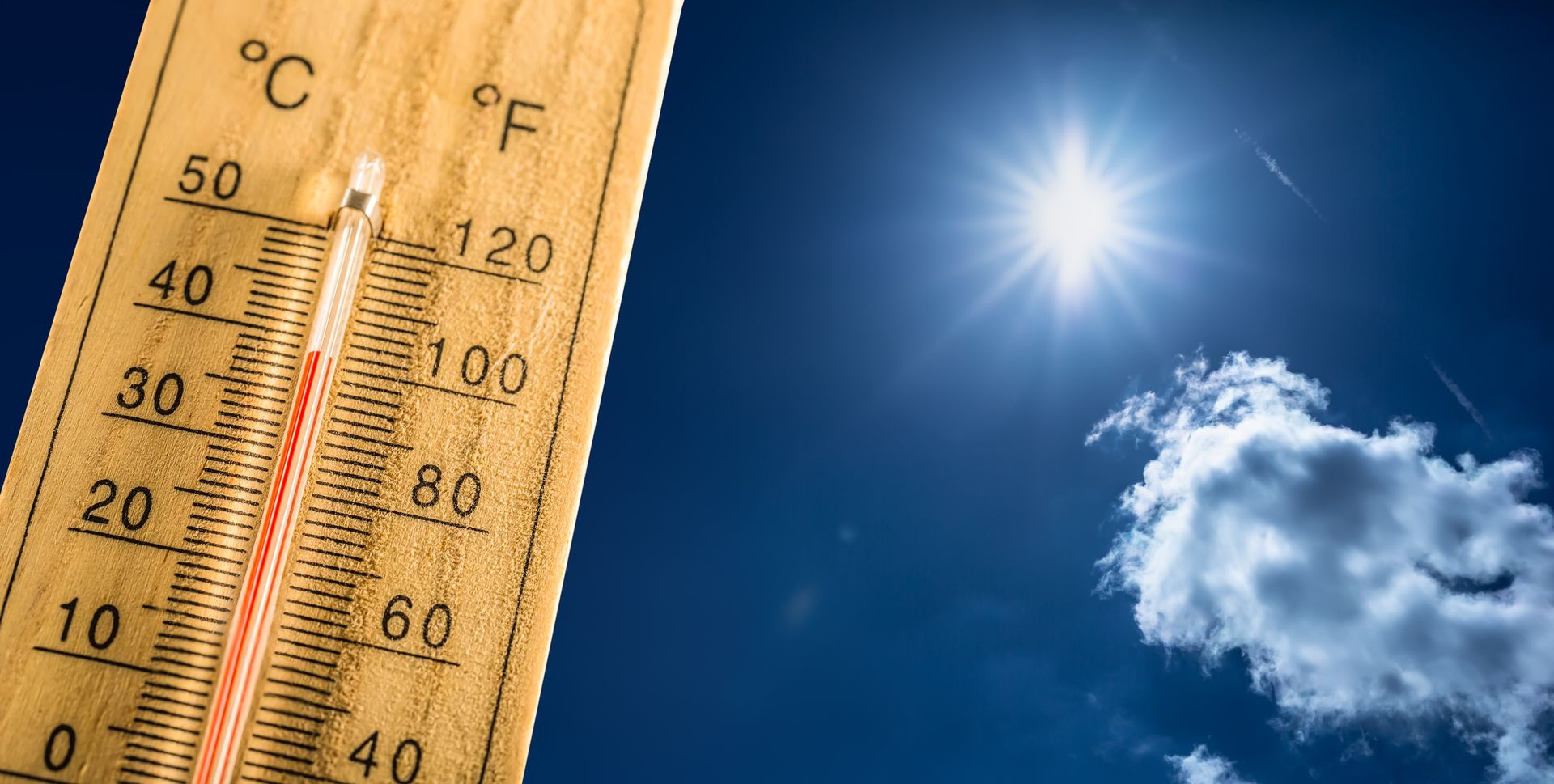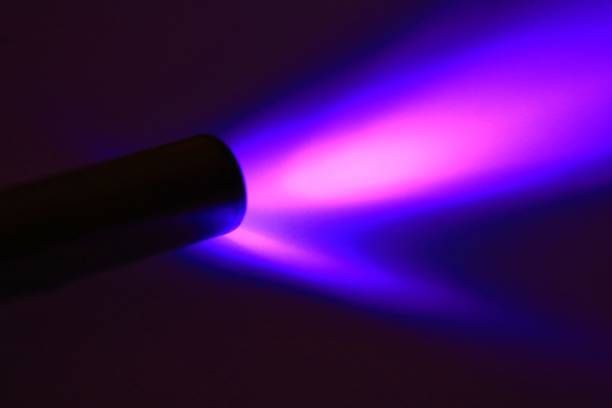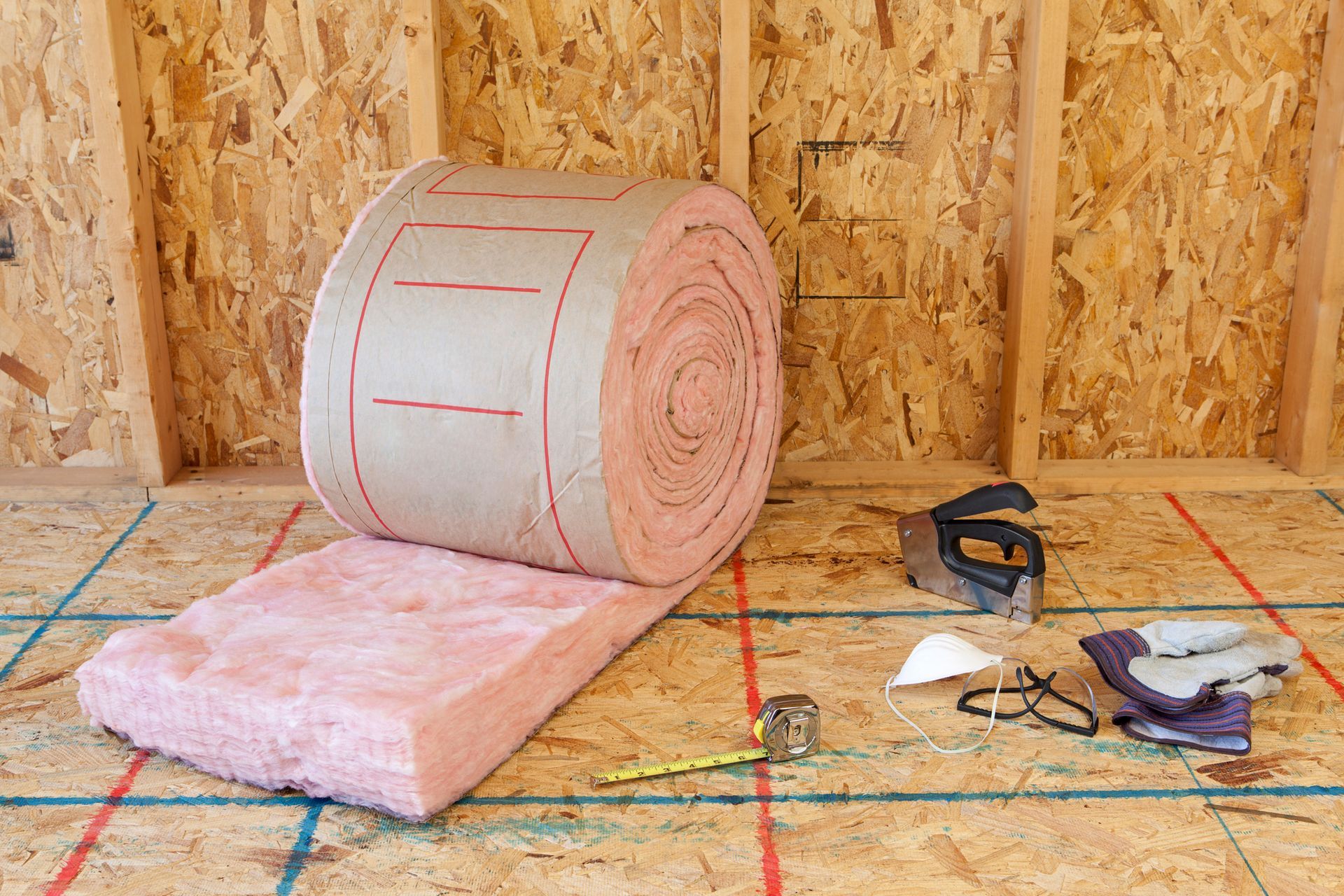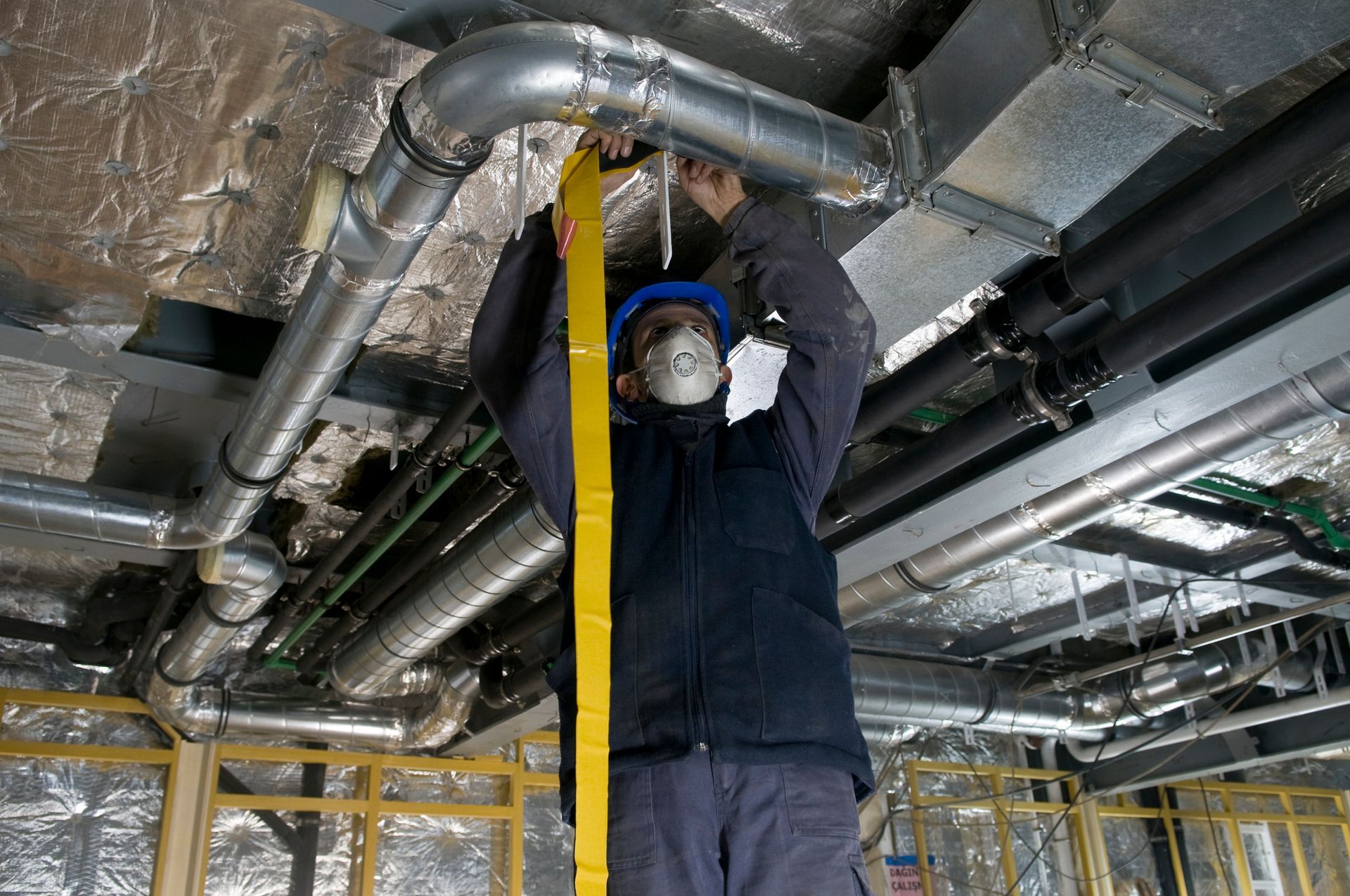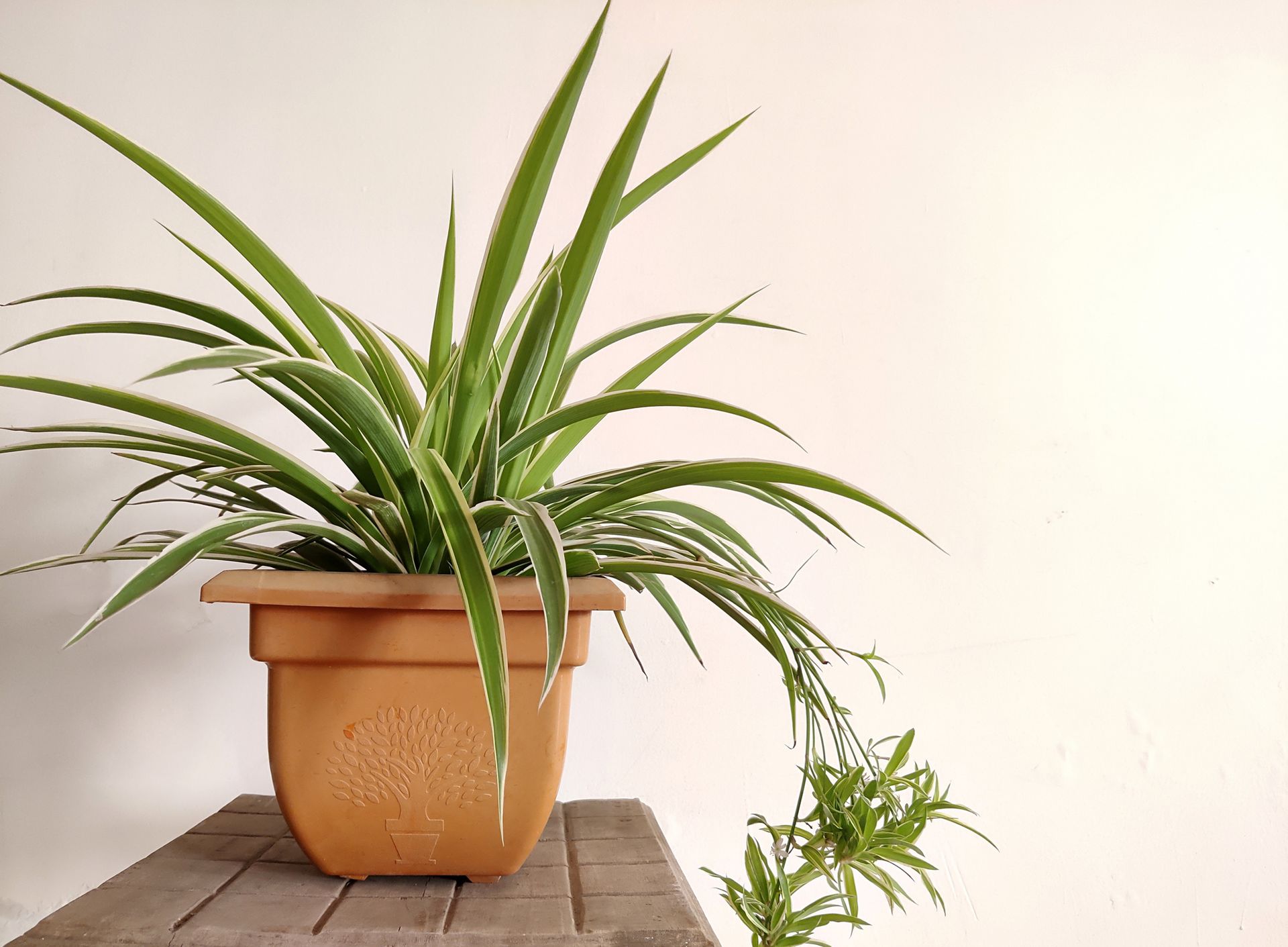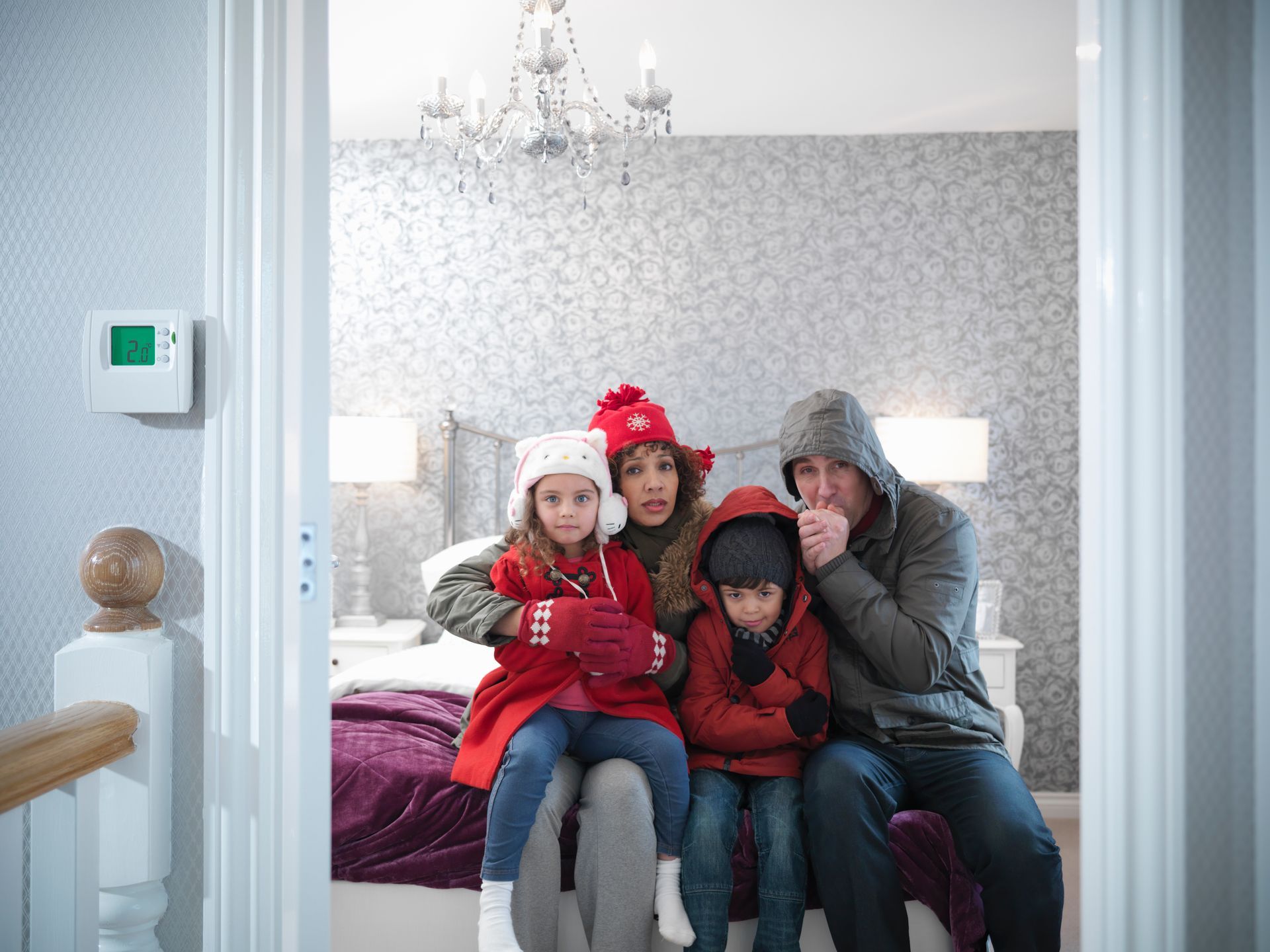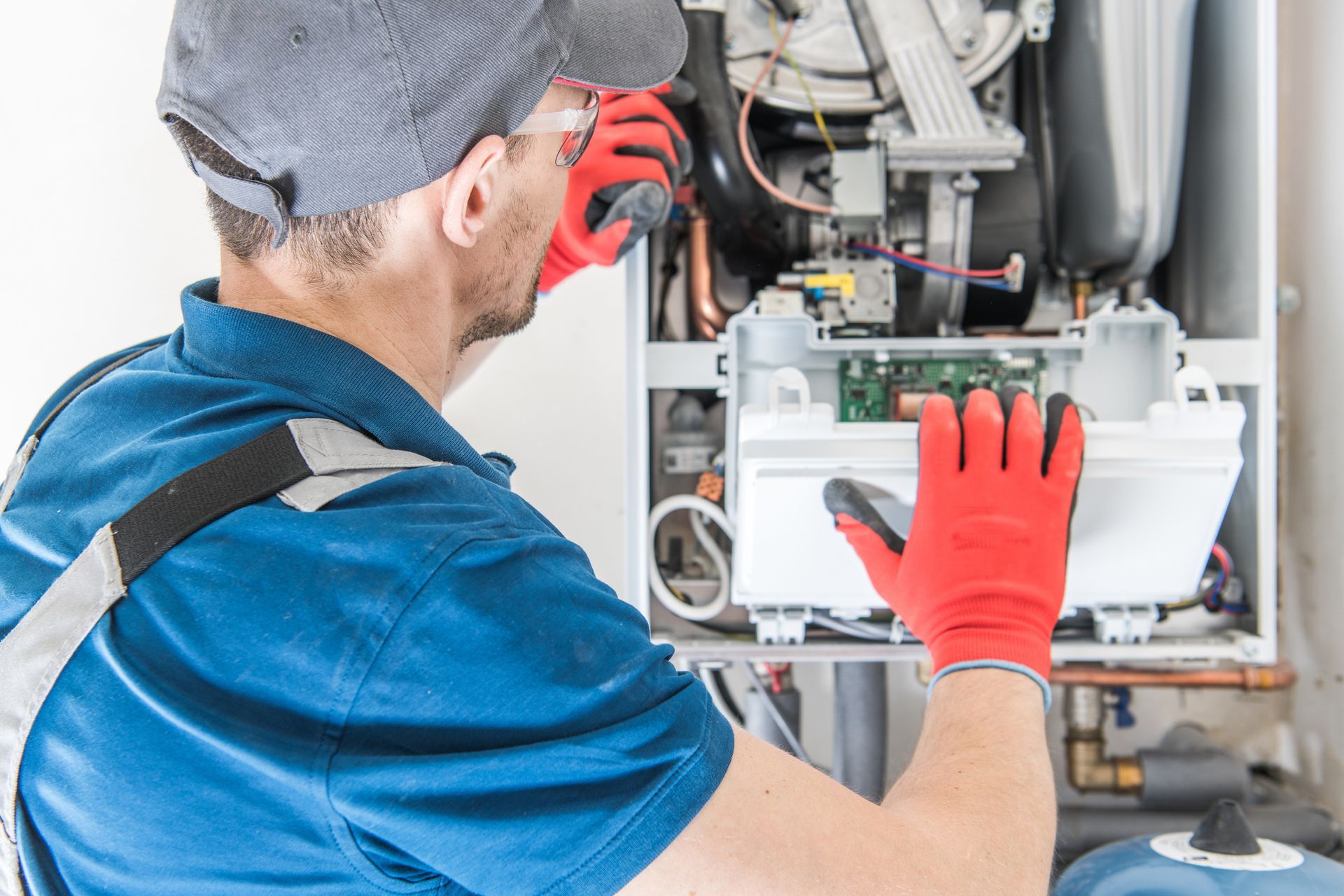August 2, 2024
Have you ever wondered what keeps your home cool in the summer and warm in the winter? It's your HVAC system, which stands for Heating, Ventilation, and Air Conditioning. This system works like magic to keep your home comfortable all year round. But, did you know that the type of refrigerant used in these systems can have a big impact on our environment? Let’s explore why upgrading your HVAC equipment to use newer refrigerants is so important. What is Refrigerant? Refrigerant is a special fluid that helps your HVAC system cool or heat your home. It moves through the system, absorbing heat from inside your house and releasing it outside, or the other way around when you need heating. However, not all refrigerants are created equal. Some older refrigerants, like R-22, can harm the environment if they leak out of the system. The Environmental Impact of Refrigerants Older refrigerants, especially those containing chlorine, can damage the ozone layer. The ozone layer is like Earth’s sunscreen; it protects us from the sun’s harmful ultraviolet rays. When refrigerants with chlorine escape into the atmosphere, they break down the ozone molecules, making the ozone layer thinner. This leads to more UV rays reaching the Earth, which can cause skin cancer and other health problems for humans, and also harm animals and plants. Additionally, some older refrigerants are also greenhouse gases. This means they trap heat in the Earth’s atmosphere, contributing to global warming. Global warming is the gradual increase in the Earth's temperature, which leads to climate change. This can cause extreme weather, like more powerful hurricanes, longer droughts, and intense heatwaves. Why Upgrade to Newer Refrigerants? *Environmental Protection*: Newer refrigerants, like R-410A and R-32, are much better for the environment. They don’t contain chlorine, so they don’t harm the ozone layer. They also have a lower global warming potential (GWP), meaning they trap less heat in the atmosphere compared to older refrigerants. *Efficiency*: HVAC systems that use newer refrigerants are often more efficient. This means they can cool or heat your home using less energy. Less energy usage is not only good for the environment but also for your wallet because it can lower your electricity bills. *Regulations*: In many places, governments are phasing out older refrigerants because of their harmful effects. For example, the production and import of R-22 were banned in the United States in 2020. Upgrading now means you’ll be ahead of the game and won’t have to worry about finding replacement refrigerant for an old system in the future. *Better Performance*: Newer HVAC systems designed for the latest refrigerants often have improved technology. This means they can provide better temperature control, run more quietly, and have fewer breakdowns. Steps to Upgrade Your HVAC System *Consult a Professional*: Talk to an HVAC technician to evaluate your current system and discuss the best options for upgrading. They can recommend the right type of system and refrigerant for your home. *Consider the Costs*: While upgrading can be an investment, remember that it can save you money in the long run through lower energy bills and fewer repairs. Plus, there may be rebates or incentives available to help offset the cost. *Schedule the Upgrade*: Plan a convenient time to have your new system installed. A professional will handle the installation and make sure everything is working properly. * Dispose of the Old System Responsibly*: Make sure your old refrigerant is properly disposed of. Refrigerants should not be released into the atmosphere. Professional HVAC technicians know how to handle and dispose of these chemicals safely. Conclusion Upgrading your HVAC equipment to use newer refrigerants is a smart move for both the environment and your home. By making this change, you’ll help protect the ozone layer, reduce global warming, and enjoy a more efficient and effective HVAC system. So, next time you feel that perfect cool breeze in the summer or the cozy warmth in the winter, you’ll know that you’re doing your part to keep our planet healthy and safe.

